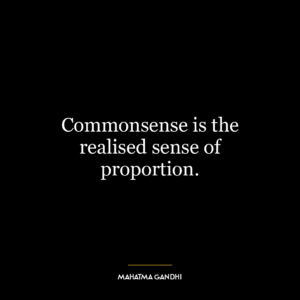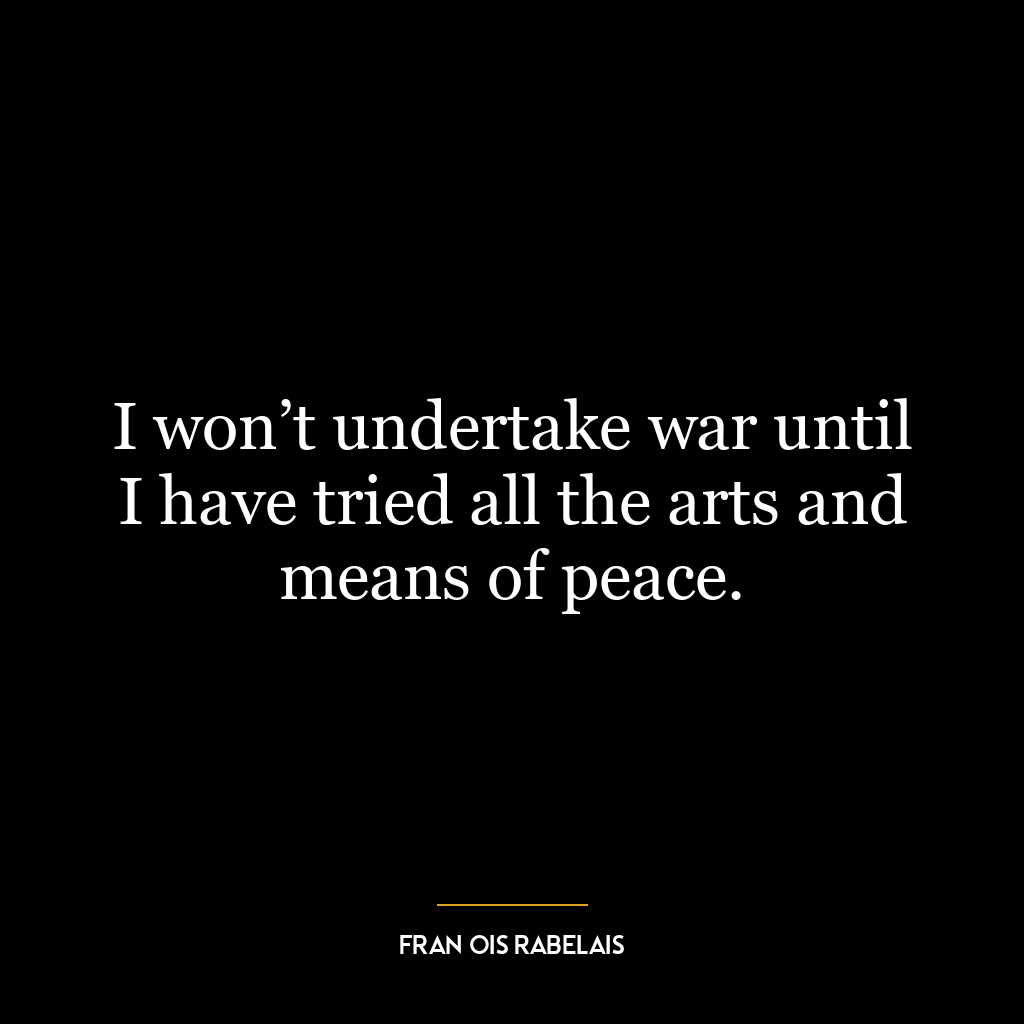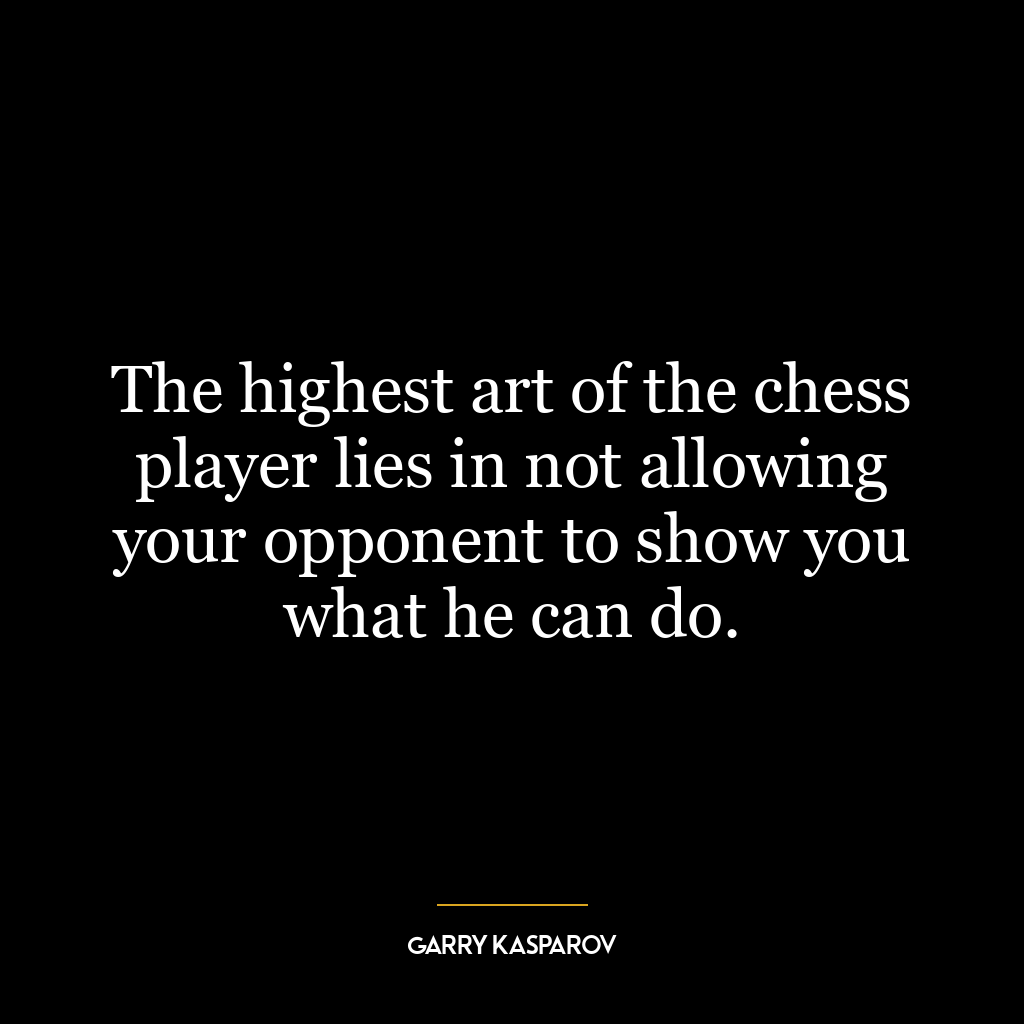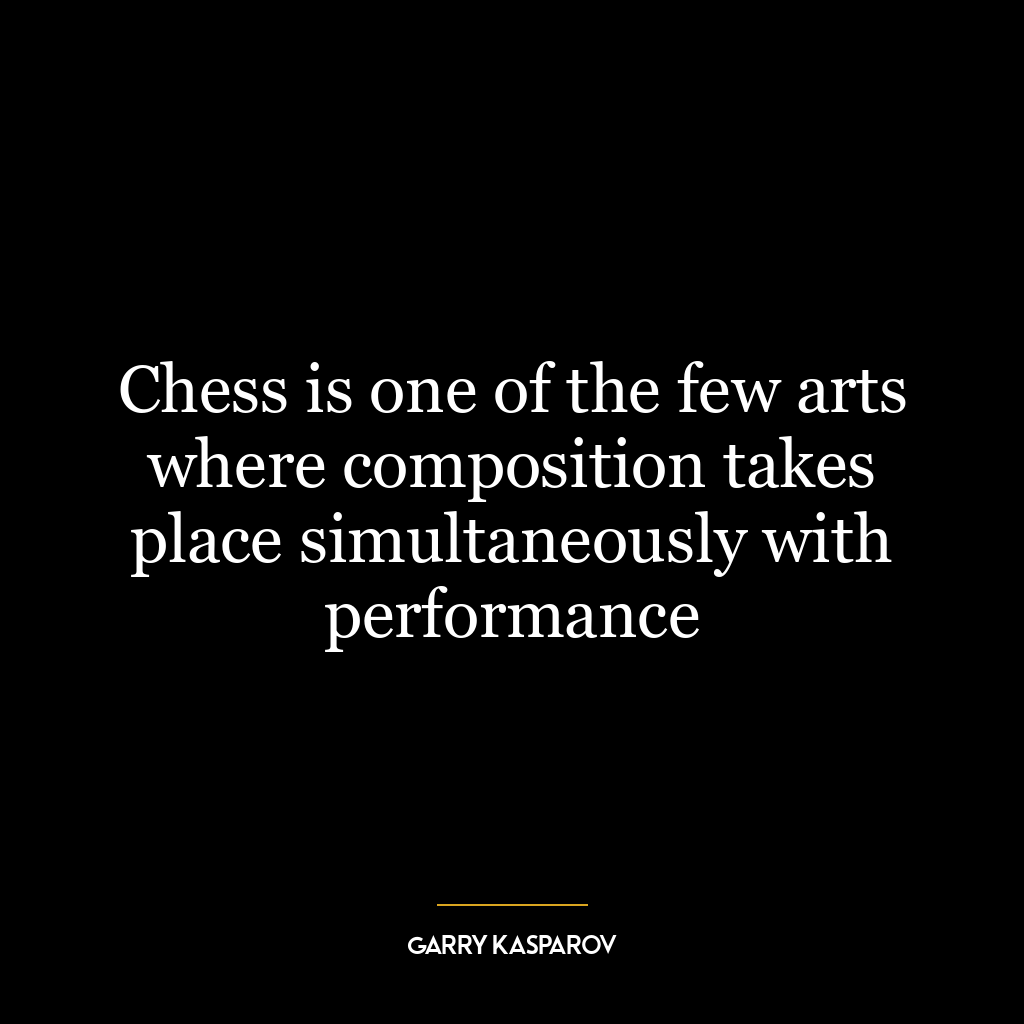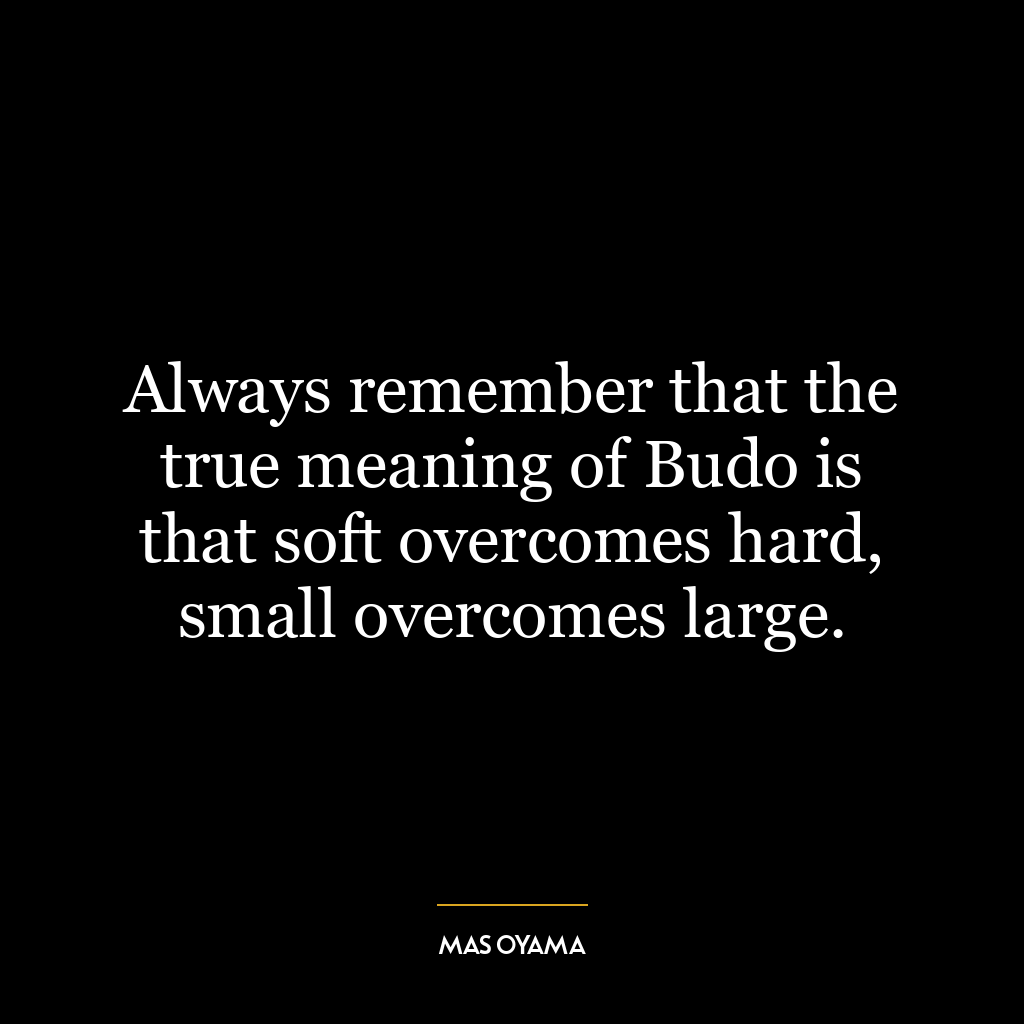A satyagrahi exhausts all other means before he resorts to satyagraha.
This quote refers to the concept of satyagraha, a form of nonviolent resistance that was first conceived and implemented by Mahatma Gandhi. The term “satyagrahi” is used to describe someone who practices this philosophy. The core principle here is that a satyagrahi would only resort to such nonviolent resistance after having tried all other possible means of addressing or resolving an issue.
In essence, it emphasizes patience, perseverance, and the willingness to exhaust all other options before resorting to protest or resistance. This includes dialog, negotiation, compromise and other forms of peaceful conflict resolution strategies. It’s not about being passive but rather about ensuring that every possible avenue for peace has been explored before taking a stand.
Applying this idea in today’s world could mean advocating for peaceful dialogues and negotiations in situations where conflict arises – be it in politics, business disputes or interpersonal relationships. In the context of personal development, this principle could guide individuals towards patience and thoughtful action.
For instance, if one encounters an obstacle or disagreement at work or in personal life – instead of immediately reacting with anger or frustration – they can try understanding different perspectives involved in the situation; engage in open communication with others involved; seek advice from mentors; reflect on potential solutions etc., before deciding on any drastic action like quitting job or ending relationship.
The essence lies not just in avoiding violent reactions but also ensuring that actions are well-thought-out based on comprehensive understanding of the situation at hand – thus promoting emotional intelligence and mature decision-making skills.




